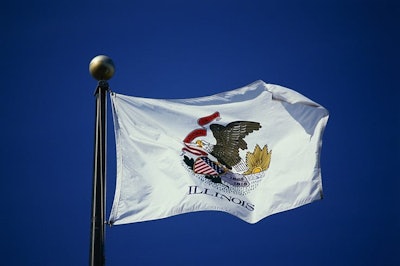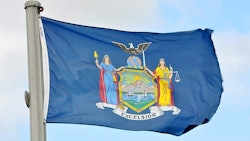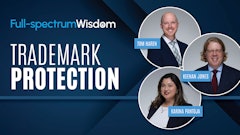
Illinois must license at least 50 new adult-use cannabis dispensaries by the end of this year, and after previous licensing blunders, regulators are working to simplify the cannabis retail licensing process.
The Illinois Department of Financial and Professional Regulation (IDFPR) is filing new rules to streamline the applications in an effort to remove barriers for social equity applicants and expand opportunities for the communities most impacted by prohibition, according to a local KHQA report.
The 50 additional adult-use retailers are required under Illinois’ Cannabis Regulation and Tax Act (CRTA), which passed in 2019 to legalize adult-use cannabis in the state. IDFPR plans to issue 55 conditional licenses across the existing 17 BLS regions detailed in the law, KHQA reported.
Under the IDFPR’s proposed rules, qualified social equity applicants can apply for the licenses online with certain basic information, such as the name of the organization, a list of principal officers and contact information, as well as a $250 fee, according to the news outlet.
The application window is expected to open during late summer or early fall of this year, KHQA reported, depending on when the rules are finalized.
Regulators will then launch a lottery process to issue the licenses, and the IDFPR’s new rules stipulate that principal officers cannot be included on more than one lottery entry, according to the news outlet, and applicants cannot have more than one entry across all 17 regions.
The IDFPR will post a list of applicants participating in the lottery, with the date of the lottery announced in the coming months, KHQA reported. Regulators will then publish the certified results of the lottery, and applicants will have 45 days to prove social equity and eligibility criteria in order to receive a license.
The qualify for a license, businesses must have at least 51% ownership and control by one or more individuals who have resided for at least five of the previous 10 years in a Disproportionately Impacted Area, according to KHQA.
Applicants may also be eligible for a license if their business has at least 51% ownership and control by one or more individuals who have been arrested for or convicted of any offense that can be expunged under the CRTA, have impacted family members, or meet certain alternate criteria which will be included in the forthcoming lottery rules, KHQA reported.
























